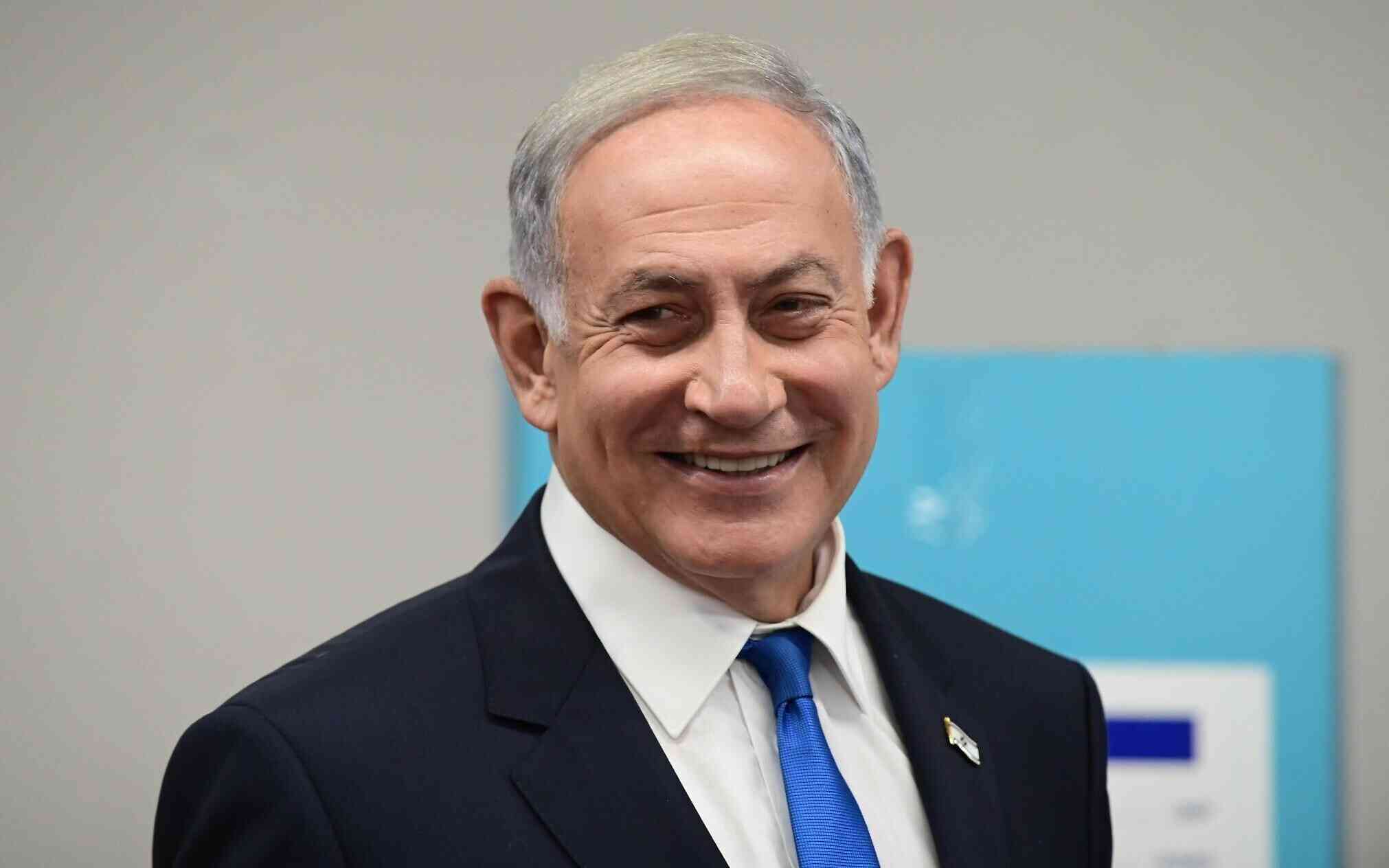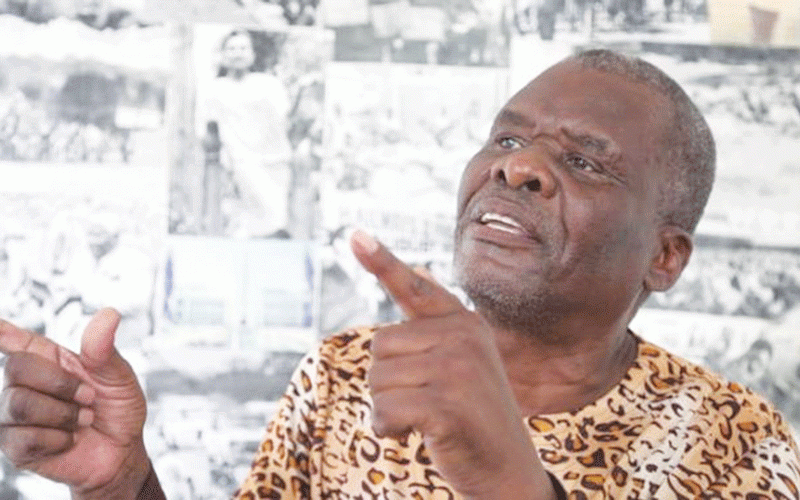
“If we look at it over the years, one of the main people contributing to Hamas’ strengthening has been (Israel’s Prime Minister Binyamin) ‘Bibi’ Netanyahu,” said Yuval Diskin, head of Israel’s Shin Bet security service between 2005 and 2011.
Former prime minister Ehud Barak agreed, telling Army Radio in 2019: “Netanyahu’s strategy is to keep Hamas alive and kicking … in order to weaken the Palestinian Authority in (the West Bank).”
The two men weren’t saying that “Bibi” Netanyahu has made a big mistake; they were saying that he has deliberately made and kept Hamas strong.
One of the most useful concepts in politics is the idea that people who hate and despise each other can still be “objective allies” if they share the same goal. Their motives and long-term objectives can be very different, so long as a short-term collaboration works for both of them. Moreover, they don’t even have to talk to each other.
This is the basis on which Israelis can and do argue that Bibi and his coalition partners on the extreme right are the objective allies of the Hamas leadership in the Gaza Strip.
Their shared political goal is to thwart the famous “two-state solution”, in which Jewish and Palestinian Arab states would live side-by-side in peace on the land between the Jordan River and the sea. But this long-lasting unspoken collaboration is in deep trouble.
A two-state solution was the original idea behind the United Nations decision to partition the British-ruled territory of Palestine in 1947. After many wars, it was again the idea behind the US-backed Oslo Accords of 1993.
The ultra-nationalists on each side (including the religious fanatics both Muslim and Jewish) hated “Oslo”, because each side wanted all of Palestine for themselves. The “objective alliance” between Netanyahu and Hamas began in 1996, after a hard-right Jew murdered Israel’s prime minister, Yitzhak Rabin, who had signed the Oslo Accords.
- Manchester City win Premier League title on astonishing final day of season
- Pogba tipped to join Spanish giants
- Erik ten Hag: Manchester United appoint Ajax boss as club’s new manager
- Alarm as private aircraft sneak in, out of Zim undetected
Keep Reading
The assassination threatened to backfire politically, because Rabin’s successor Shimon Peres looked likely to win the subsequent election on a sympathy vote. However, Hamas recognised the danger and launched an unprecedented bus-bombing campaign that killed enough Israelis to discredit Peres, and Netanyahu became prime minister instead.
Not a word was exchanged between them, but the alliance was born then and there. At its heart is Netanyahu’s unfailing support for Hamas’ control of the Gaza Strip and his deliberate undermining of its rival, the “Palestinian Authority”, which controls the parts of the occupied West Bank that Jewish settlers have not colonised.
The division of the Palestinians between two rival groups gives Netanyahu the permanent excuse of having “nobody to talk to” on the Arab side. The threat of a peaceful partition of the Holy Land between the Arabs and the Jews is permanently averted, to the satisfaction of both allies (although they really do hate each other.)
The trigger for the current upheaval was Israel’s growing links with Arab countries that used to support the Palestinian cause. You may doubt the durability of Israel’s diplomatic successes with countries like Saudi Arabia, but they panicked Hamas’ leaders. The massacre of 1 400 Israelis on October 7 was their response.
Hamas’ intention was to provoke an Israeli counter-slaughter of Palestinians so extreme that it became unthinkable for any Arab country to talk to Israel. However, the original massacre was a blunder as well as a crime on Hamas’ part, and it places the whole “objective alliance” in peril.
Netanyahu will almost certainly lose power for letting that massacre of Israelis happen (and may even end up in jail). His sole hope for political survival is to completely destroy Hamas, which is probably impossible — but if achieved, would also destroy Netanyahu’s long-term strategy for holding the two-state solution at bay.
If Hamas were really eradicated, the Palestinian Authority would automatically take over the government of the Gaza Strip again. And if the Palestinians can speak with a single voice, then the Israeli government no longer has an excuse for refusing to discuss a negotiated peace settlement with them.
The prolonged delay in the launch of Netanyahu’s “mighty revenge” operation in the Gaza Strip may be due to his concern that a military success there could undermine his political strategy just as much as a military failure.
Hamas’ new tactic of releasing a few captive Israeli civilians at frequent intervals reflects an equal desire to avoid an apocalyptic end-game that might resurrect the two-state solution from its shallow grave.
It would be very good to see that issue on the table again, but the path to that potential happy ending runs through a devastating war in Gaza: a high cost for a very uncertain outcome. No wonder nobody knows what to do next.
- Dyer is a London-based independent journalist. His new book is titled The Shortest History of War.






